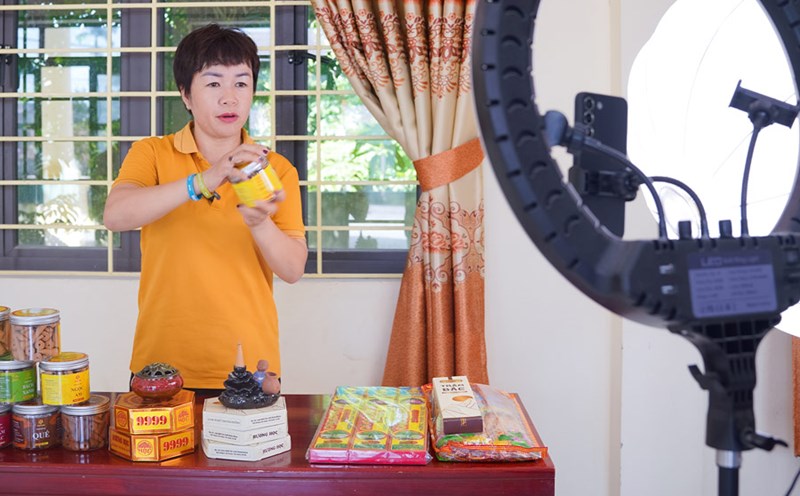On July 25, new Korean Industry Minister Kim Jung Kwan had a meeting with US Secretary of Commerce Howard Lutnick in Washington D.C.
The focus of the meeting was to seek consensus on tax terms, promote cooperation in the manufacturing sector to support tax reductions on Korean goods. Seoul's goal is to protect domestic businesses, especially as the US prepares to impose new tariffs that could be disadvantageous for South Korea.
The pressure on Seoul increased significantly after Japan unexpectedly successfully signed a trade agreement with the US. The deal expands access to the US market for Japanese automobiles and agricultural products.
This is considered a new model in trade relations with the US, forcing South Korea to act quickly if it does not want to be left behind in the race.
South Korea and Japan have been competing directly in many strategic fields such as automobiles, steel and electronics. Tokyo's commitment to a $550 billion investment and lending package with a trade deal has further raised concerns in Seoul about the risk of being left behind in both economic and political aspects.
The Korean negotiation delegation this time includes many new personnel in the administration of new President Lee Jae Myung. Some of them have only been in office for less than a week.
In addition to working with Minister Lutnick, Minister Kim also met with US Energy Secretary Chris Wright to discuss related issues.
At the same time, South Korean Trade Minister Yeo Han Koo plans to meet with the US Trade Representative in the near future.
According to domestic sources, South Korea will propose a package worth at least $100 billion to the US market. This investment package has the participation of large corporations such as Samsung, Hyundai Motor, SK Hynix and LG.
In recent days, President Lee Jae Myung has held a private meeting with top business leaders to discuss investment and cooperation orientations with the US.
Observers say the upcoming round of talks could be the last chance for South Korea to secure its position in its trade strategy with the United States.










